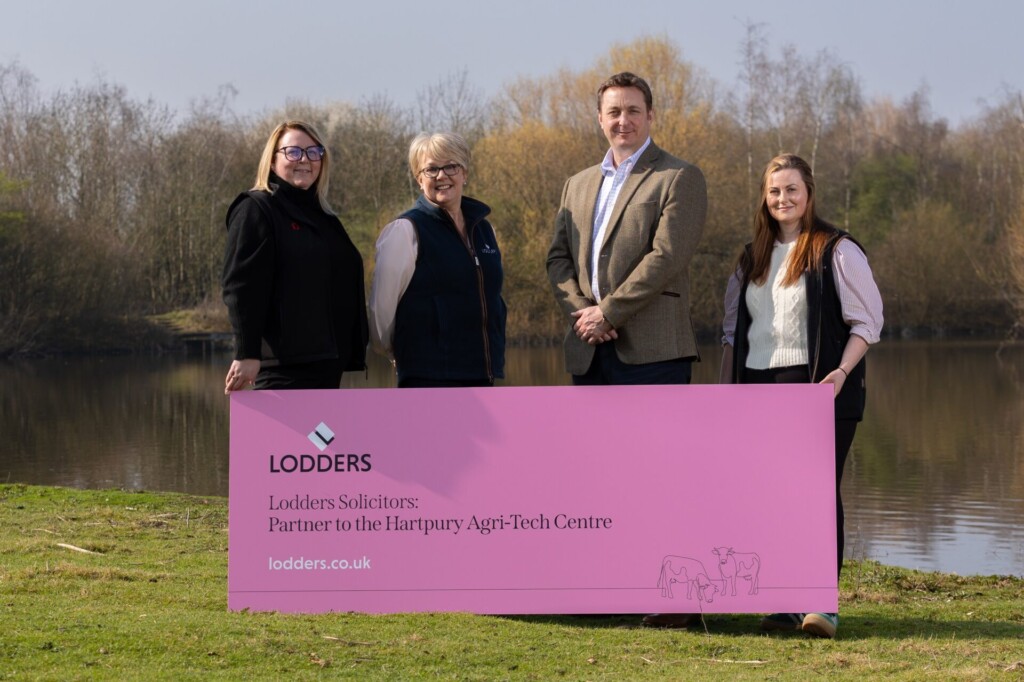With the remote working policy covered by the Charity Commission coming to an end today, here is what you can you do to make sure your charity is protected

In April 2020 the Charity Commission allowed charities to hold meetings by telephone or virtual proceedings, instead of what was laid out in their governing policy. This temporary policy allowed for charities to continue to operate throughout the pandemic.
However, owing to most companies (including charities) being fully back to office, the Charity Commission will stop recognising any meetings held outside of any governing policies.
This highlights the need for charities to keep their governing policies up to date for any meetings they wish to be held virtually, or remotely.
Covid-19 Pandemic impact
While many charities have already returned to face-to-face meetings, and have held outstanding AGM’s or other meetings in person, from today, these will not be covered by the Charity Commission’s more relaxed approach to charities holding meetings outside the terms of their governing documents.
This, therefore, highlights the importance for charity trustees to consider their governing documents and any changes which are required to enable meetings to be held remotely, or whether they need to be postponed or cancelled.
If your charity is newly formed, or you’ve made recent changes in the last few years, your governing documents may already have clauses that allow meetings in various formats however, if your charity’s governing documents do not specifically say you can hold a meeting remotely, then these documents will need to be updated.
Check your terms and conditions
Charity trustees will need to decide whether the change is necessary and what it should be. Charities may be able to make some of the changes themselves, but others may need Charity Commission permission.
Some charities are able to make the changes themselves, however some are bound by the Charity Commission rules and will have to update them accordingly. You should seek advice if you are unsure.
More information
For more information, or to speak to one of our legal experts, fill out the form below
Contact usMark Lewis a partner and head of Charity Law at Lodders. Mark specialises in advising charities and not-for-profit clients, including setting up and incorporating charities, mergers and restructuring, governance issues, and drafting commercial agreements.

Read more
Other news, insights and events







